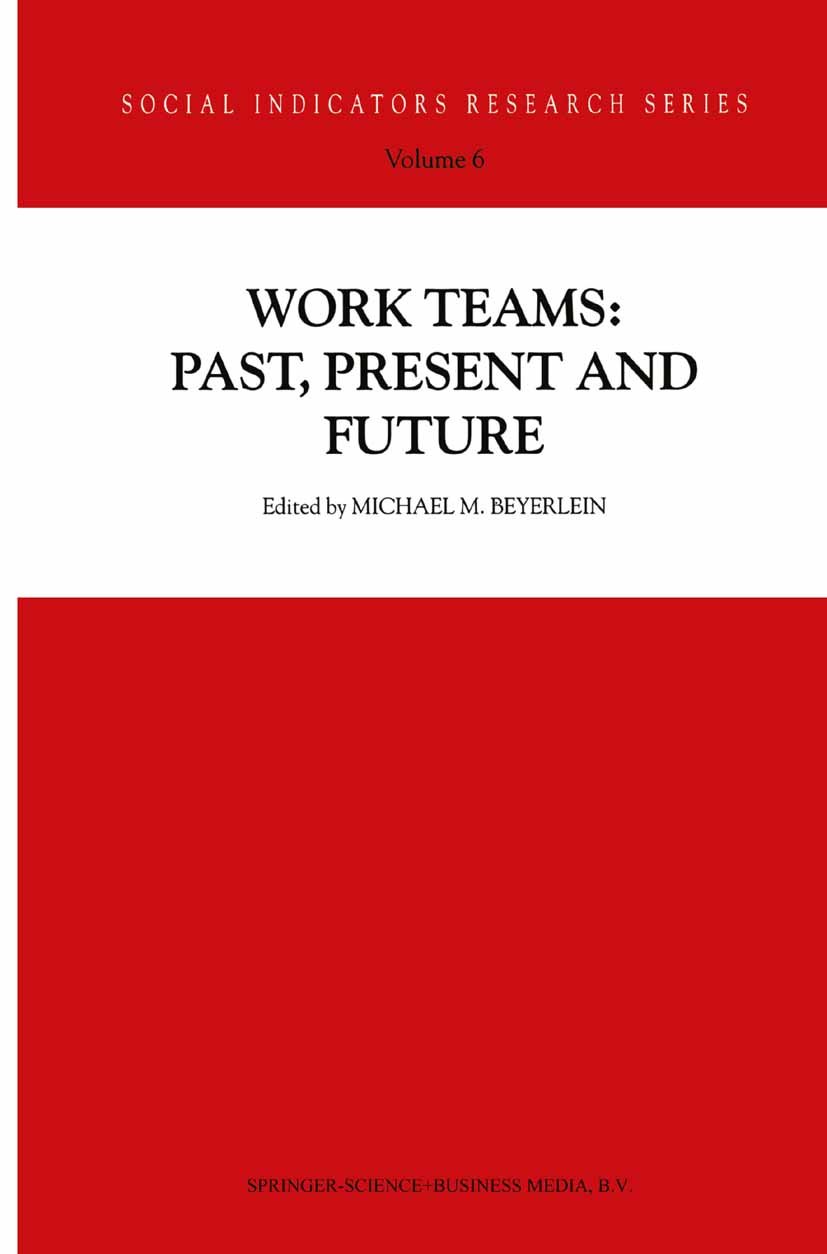Work Teams
Michael Beyerlein University0/North Texas, Denton. Texas, UnitedStates Those of us in the process of advanced maturation are regularly called upon to the historical development ofcurrent practice and understanding ofwork teams is broad in scope emerg...
Read more
Michael Beyerlein University0/North Texas, Denton. Texas, UnitedStates Those of us in the process of advanced maturation are regularly called upon to the historical development ofcurrent practice and understanding ofwork teams is broad in scope emerging from a complex mix of historical sources. I am not aware of a published source that represents that history comprehensively; full treatment may require multiple publications. There are excellent sources that present useful coverage ofsome components ofthat history, such as the three anthologies that Trist and his colleagues edited for the Tavistock Institute between 1992 and 1997 (Trist, Emery, & Murray, 1997; Trist, & Murray, 1990; Trist, Murray, & Trist, 1993), sections of Kleiner's 1996 book on the history of organization development (OD), biographical works on the thought leaders, occasional collections (e. g. , Davis & Taylor's Design ofJobs: Selected Readings, 1972; Susman's Autonomy at Work: A Socio-technical analysis of Participative Management, 1976; Pasmore & Sherwood's Socio-technical Systems: A Sourcebook, 1978; Pasmore, Francis, Haldeman, & Shani's Socio-technical systems, 1982: A North American reflection on empirical studies of the seventies; Glaser's Classic Readings in Se/f-Managing Teamwork, 1992; and French, Bell, & Zawacki's Organization Development and Transformation: Managing Effective Change, 1994), and occasional chapters and articles scattered throughout the literature on teams and organization design and change. This book consists of chapters that deliberately focus on key historical developments of work teams. The chapters were all written specifically for this book.
Less



